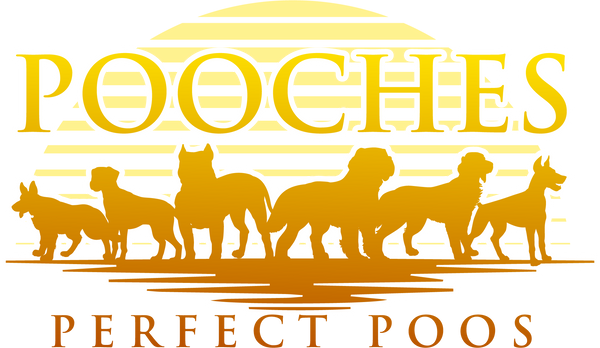In our fast-paced world, our dogs often serve as a source of solace, companionship, and unconditional love. As responsible pet owners, we want the best for our furry friends, and that includes ensuring their overall well-being.
Holistic approaches to dog wellness offer a comprehensive way to care for your four-legged companion, addressing not only their physical health but also their emotional and mental needs. In this guide, we'll delve into the world of
holistic dog care and explore how it can benefit your canine companion.
Understanding Holistic Dog Wellness:
Holistic dog wellness takes a holistic, or whole-body, approach to pet care. It recognises that a dogs well-being is influenced by various interconnected factors, including physical health, emotional state, mental stimulation, and environmental factors. By addressing all these aspects, you can promote a healthier and happier life for your dog.
The Four Pillars of Holistic Dog Wellness:
Nutrition: A holistic diet focuses on providing natural, whole foods that support overall health. It considers your dogs specific dietary needs, and some owners opt for raw or homemade diets to ensure optimal nutrition.
Physical Health:
Regular exercise, vaccinations, and preventive health measures are essential. Holistic approaches often favour natural remedies and minimal chemical intervention whenever possible.
Mental and Emotional Well-being:
Dogs have emotional needs, too. Mental stimulation, socialisation, and positive reinforcement training all play a crucial role in maintaining a well-balanced emotional state.
Environment:
A dogs environment should be safe and enriching. This includes a comfortable living space, exposure to the outdoors, and protection from potential hazards.
Holistic Health Practices for Dogs:
Natural Nutrition: Choose high-quality, natural dog food or consider a raw or home-cooked diet.
Herbal and Natural Supplements: Many holistic practitioners recommend herbal and natural supplements to support your dogs health. These may include vitamins, minerals, and herbs.
Acupuncture and Traditional Chinese Medicine: Acupuncture and TCM can help address various health issues, alleviate pain, and promote overall well-being.
Massage and Bodywork: Canine massage and other bodywork techniques can help reduce stress, ease muscle tension, and improve circulation.
Aromatherapy and Essential Oils: Aromatherapy can have a calming effect on dogs, alleviate anxiety, and address skin conditions.
Always use essential oils under the guidance of a holistic veterinarian.
Positive Reinforcement Training: Holistic dog training methods focus on positive reinforcement and building a strong bond between you and your pet.
The Importance of Holistic Veterinarians:
If you are interested in pursuing holistic approaches to dog wellness, consider consulting with a holistic veterinarian. These professionals are trained to consider natural remedies and treatments alongside conventional medical practices, providing a well-rounded approach to your dogs health care.
Holistic approaches to dog wellness go beyond just treating physical symptoms. They encompass a comprehensive, all-encompassing approach that considers a dogs physical health, emotional well-being, mental stimulation, and the environment they live in. By taking a holistic approach, you can provide your beloved canine companion with a happier, healthier, and more
fulfilling life.
If you are interested in exploring holistic dog wellness further, consult with a holistic veterinarian to create a tailored wellness plan for your pet. Your dog deserves the best care possible, and holistic approaches can help you achieve just that.
For more information on holistic dog wellness, stay tuned for future articles on our blog page. We are committed to providing you with valuable insights into the world of holistic pet care.

